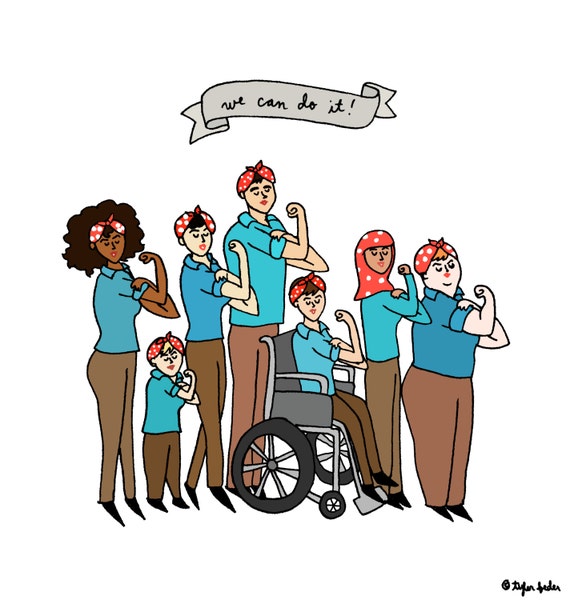Esther Ho
Section A02
Extra Credit Lecture: Kathy Chao
| Take the initiative and be assertive about what you want. |
I am really glad I went to Kathy Chao’s lecture in the Viet
Nam War ASA extra credit lecture series. Kathy Chao is the Vice Major of San
Pablo, the Executive Director of Lao Family Community Development, and the
Director of the San Pablo Economic Development Corporations. She was truly
inspiring in the way she presented her experience. She began her lecture with
Lao Zi’s quote, which states, “A journey of a 1000 miles begins with a single
step.” This set the foundation of the rest of her story because she talks about
how in order to attain anything in life; you have to be the initiator. You have
to ask for what you want and be “ballsy.” You have to present yourself as a
confident individual because people will assume what you can do by how you
look. The main thing she highlighted is to not be another “yes man,” but rather
be a person that has his or her own opinion.
In terms of getting a job, a person’s active pursuit is also
important. She talked about one of her experience of attaining an internship
position. She contacted the CEO of the company directly about the internship
opportunity, which made a lasting impression and eventually landed her the
internship. Prior to contacting, she researched the company and was prepared to
ask questions and be inquisitive.
In order to be
a truly successful individual, she mentions that the three main things that an
individual should keep in mind. One should be humble enough to ask for help,
self-sufficient enough to help oneself, and open and giving enough to give back
to the community.
The mechanisms that Kathy introduced to us seems to
contradict the lotus flower stereotype of Asian women, who are perceived as
submissive, and the “quiet Asian” stereotype that doesn’t ask for what they
want and just take orders. I think instills a sense of empowerment for Asians,
as it showcases how we can achieve if we pursue what we want actively. This
contradiction of stereotypes restores a sense of how heterogeneous Asian Americans
are and how we cannot be classified by a single stereotype.








